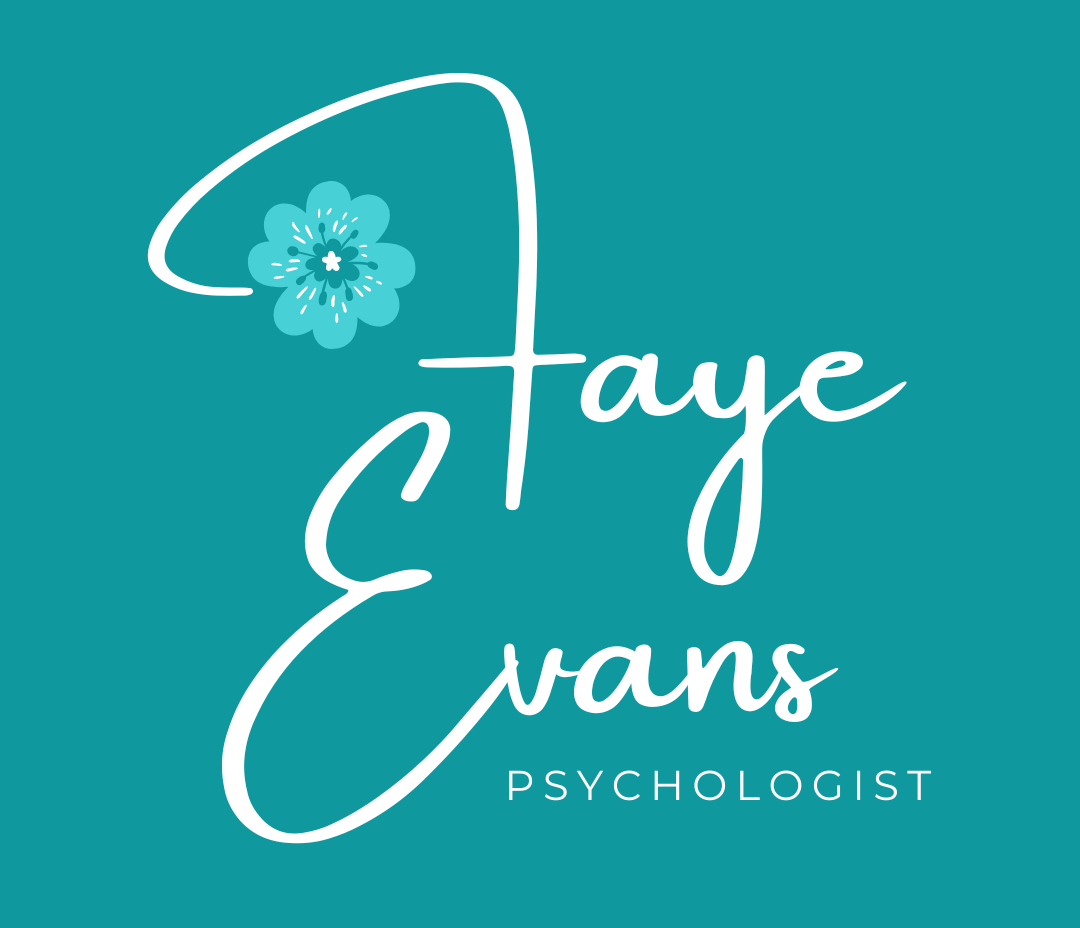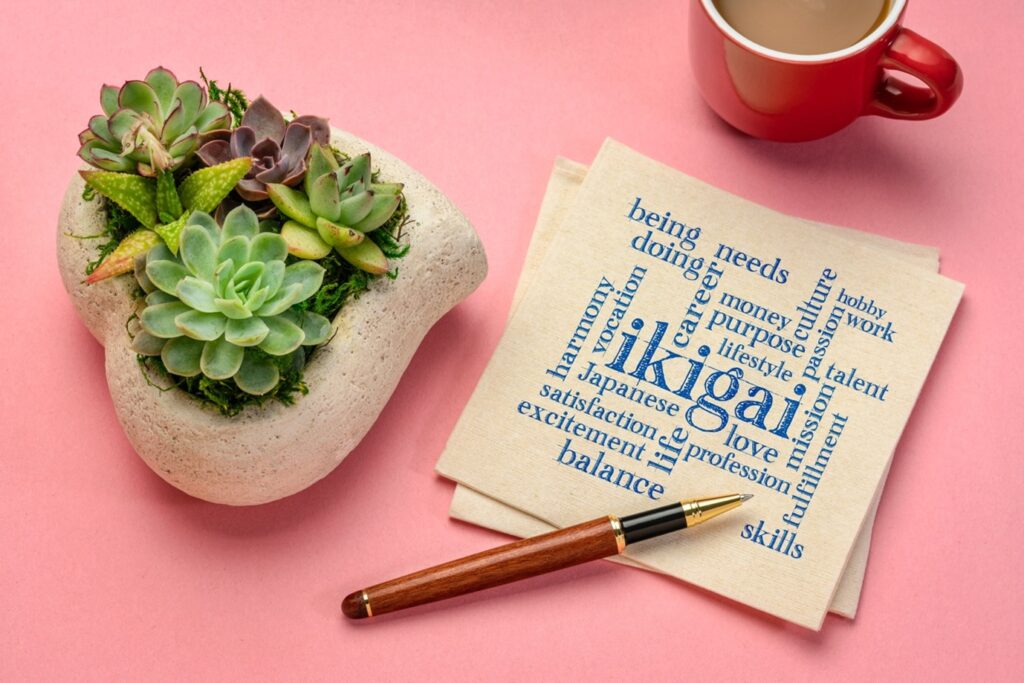Ikigai (生き甲斐) is a Japanese concept that can be translated as “reason for being”. It refers to finding joy and purpose by combining what you love with the world’s needs. It is often used to help people understand their passions, interests, values, and skills – all of which combine to create one’s unique Ikigai.
I have taught my clients this concept for many years and have brought to their attention the inner exploration of what makes them alive and what lights up their hearts when they must do something. What are they passionate about? What gives them a sense of purpose?
Studies have said that this concept evolved from traditional Japanese medicine, which connected well-being and physical health, by discovering that people with a clear mindset about life’s purpose showed longevity. It has also been compared to other concepts, such as Eudemonia in positive psychology, which means “happiness” but a state of consistent small pleasures and enjoyments that keep an individual in a positive mindset. It has also been compared to the concept of “Flow” from Mihkael Csikszentmihalyi, understood as doing something you love and feel good at and enjoying consistently where you embed yourself and lose your awareness and feel to be “in the zone”.
These concepts all share a strong feeling of wellness through doing something that captivates and fulfils us, and we feel good about ourselves. Any activity with these characteristics will undoubtedly become pleasurable, bring joy and satisfaction, and certainly meet the criteria to be aligned with our ideals or purpose.
By bringing the concepts of Ikigai into our lives, we can achieve a sense of fulfilment and happiness by finding a balance between our passions, mission, vocation, and profession. To do this, there are four primary points to consider:
1. Passion: What brings you joy? This could be an activity or skill you are passionate about or something you have always wanted to do or try.
2. Mission: What is important to you? Your mission should be based on your values, goals and purpose in life. This could refer to a cause or movement you feel strongly about or simply the desire to improve the world.
3. Vocation: How can you use your skills for good? Consider how you can use your talents and strengths to bring societal value and make an impact.
4. Profession: How can you make money from what makes you happy? Once you’ve identified these points, think about how you can bring together something that would satisfy your life and secure your career.
However, Ikigai is not only about “making a living” or paying bills so that we can be more productive. It is not necessarily related exclusively to a profession or a career. Ikigai in Japan has a deeper meaning because “a reason for being” is a reason for living. If we live an Ikigai-inspired lifestyle, no matter who we are or where we come from, we can all find our unique reason for being and live each day with joy and satisfaction!
People in Japan search for their Ikigai until they die, and if they find it, they never stop doing it; they practice it until the end of life. People in Japan don’t retire, as if they are doing what makes them joyful; they keep doing it as long as they have health. However, careers are often not necessarily someone’s Ikigai, so they are not exclusive.
Ikigai’s deeper meaning is about living a fulfilled life by enacting your purpose and what you are meant to do in this world.
This word is related to a source of value in one’s life. Therefore, Ikigai gives individuals a sense of a life worth living. It’s also important to remember that finding one’s Ikigai isn’t about finding the right career; it’s more of an attitude towards life. It’s about balancing your passions, mission, and vocation.
Once you understand Ikigai, it is important to take action and make the necessary changes in your life. This may involve taking some time off to reflect or setting aside a day each week to do something that makes you happy. It could be as simple as walking in nature, meditating, cooking your favourite meal or spending quality time with loved ones.
Taking such small steps will start to shape how you see the world and help balance what you love, need and desire in life. Additionally, making a conscious effort to surround yourself with positive people who share similar values can provide extra motivation when striving for something greater. By living according to our true purpose – our unique Ikigai – we can gain a sense of contentment and satisfaction from living with purpose. Ultimately, when we focus on what brings us joy and allows us to make a positive contribution to the world, we tend to be rewarded in some way – whether that is financially or otherwise.
With practice and dedication, anyone can find their unique reason for being and live each day happily!



